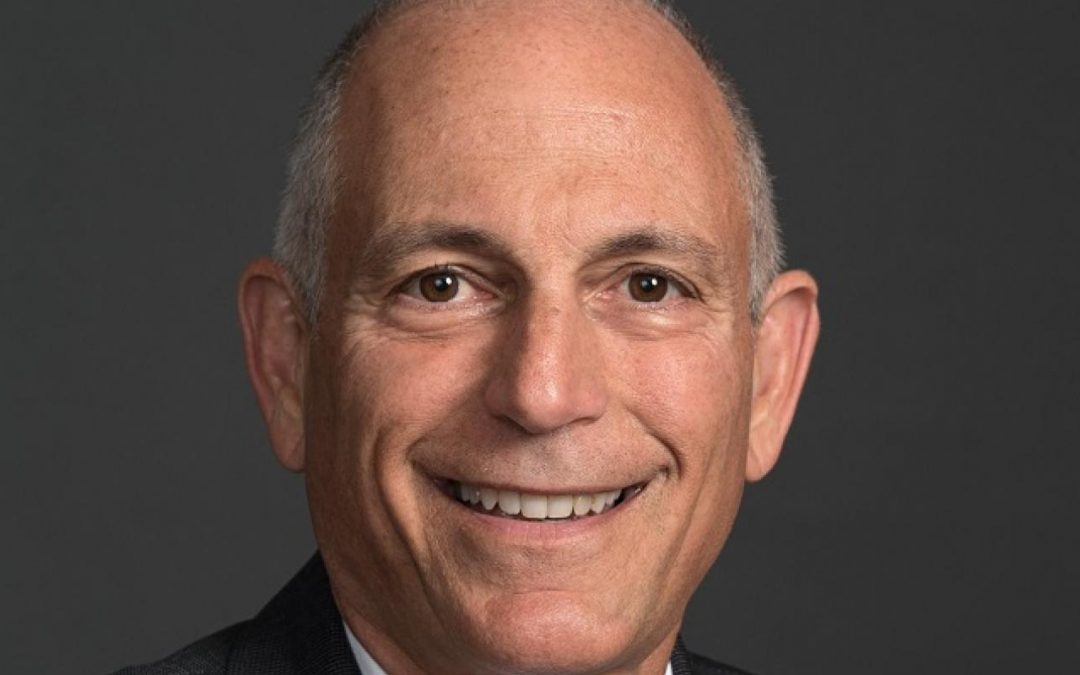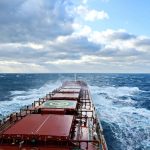A new no-filter ballast water management system from US manufacturer, Ecochlor, could have instant appeal for ship operators who require high pumping rates and for vessels that operate in waters of high turbidity.
Two versions of the new system, EcoOne, are likely to be available soon after IMO and US Coast Guard type approvals come through later this year, probably in quarters three and four respectively, the company said.
Steve Candito, Ecochlor CEO, revealed that the move to go filter-less followed feedback from many customers. Development and launch of the new units demonstrated “what a first-class BWMS manufacturer can do when it listens to its customers, then shows a little initiative and a lot of innovation,” he declared. “We developed the new systems in direct response to concerns expressed by shipowners about how existing ballast water treatment processes are inflexible and may not be suitable for all vessels under all circumstances.”
Filters are usually required for systems that are based on ultraviolet or electro-chlorination technologies but the treatment agent used in the Ecochlor systems, chlorine dioxide, reacts with living organisms, rather than other solids suspended in ballast water. Therefore, for most shipboard water treatment operations, no filter is necessary. This saves a significant volume of installation space, piping, cabling, and maintenance. It also cuts Capex typically by 25% or more compared with systems incorporating filters.
However, for ships that sometimes operate in waters of low salinity – where the practical salinity unit (PSU) lies below one – filtration is still required as part of the system. Ecochlor will therefore offer a dual-mode system of EcoOne for the operators of such vessels. That system will be capable of operating on chlorine dioxide and filtration, or on chlorine dioxide alone.
As the type approval tests continue, the systems are being tried out in real life onboard two vessels belonging to Greece’s Maran Tankers, the oil tanker operating division of the Angelicoussis Shipping Group. The systems are being tested on the Aframax vessel, Maran Atlas, and the VLCC, Maran Aries.
Source: Seatrade Maritime




